6 Ancient Cities In Nigeria

Every country has its history, and Nigeria is not left out. This points to people, places and events that have shaped the country to what it is today. There are so many cities in Nigeria, that tell her story, from the ones she is proud of to the ones she has learnt from. The beauty of these ancient places in Nigeria is that people still live there and it is still rich with history. You need to pay a visit to these monumental places in Nigeria or you haven’t felt one of the culturally rich experiences the country has to offer. Not to worry these beautiful cities have turned out to be the sought-out tourist locations.
So, you are sure to have a good time when you visit these 6 ancient cities in Nigeria.
-
Contents
Benin
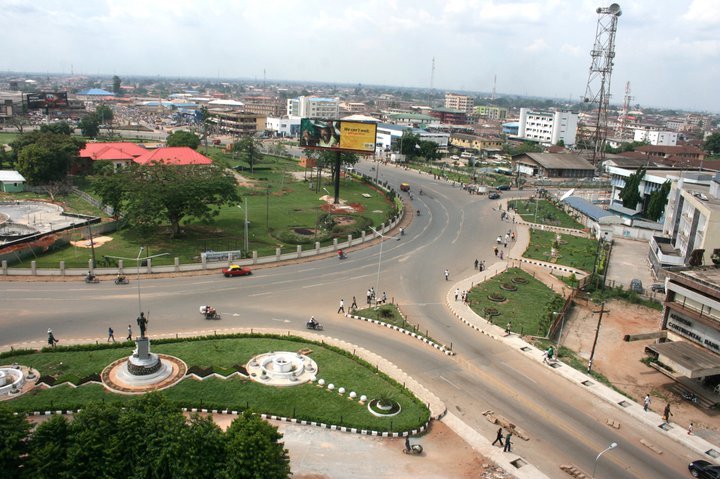
Benin city was the home to the pre-colonial Benin empire. The first thing that comes to my mind when I hear about Benin is Ile-Ibinu, meaning land of vexation. Not to worry, Benin people are not always angry, the name is just part of their history. There has been various school of thoughts as to the history of the Yoruba people, but don’t mistake Benin in south-south Nigeria to the modern country Benin, formerly called Dahomey. The Yoruba’s have claimed that the origin of Benin is connected to Ile-Ife in Yoruba land, but this claim has been heavily challenged by astute historians because it lacks the required proof. But it cannot be denied that the Binis and Yoruba’s have a long historical connection which stretches back numerous generations.
The Bini people are culturally rich and are for their bronze sculpture. Their bronze casting skills are second to none and history has proved that. Benin city is also the home of one of the oldest sustained monarchies in the world. The Bini people take their customs and traditions seriously and you’ll be sure to get a taste of it when you pay a visit to this primaeval city.
Various festivals are held in Benin city yearly to celebrate various historic occasions and seasons. The Igue festival is the most popular of the festivals where the Oba celebrates the history and culture of his people and blesses the land and the people. It is celebrated at a time between Christmas and New Year.
CHECK: PROPERTIES FOR SALE IN EDO
-
Ife
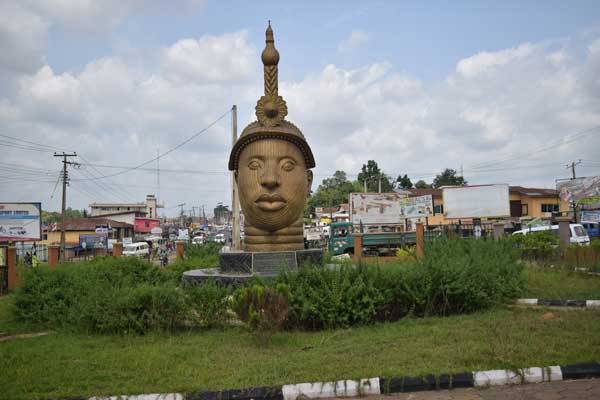
Ife or Ile-Ife is an ancient city in south-western Nigeria located in the present day Osun state. Ile-Ife is referred to as the home of the Yoruba race. It is fondly referred to as the place where all Yoruba’s regardless of their dialects and world view, have their roots.
According to Yoruba, a myth regarded Ile-Ife as where the founding deities of Oduduwa and Obatala began the creation of the world, as directed by the paramount and Supreme Deity, Olodumare.
Ile-Ife is widely known for its ancient and naturalistic bronze, stone and terracotta sculptures. Bronze and terracotta art created by the ancient Ife people are significant examples of naturalism in pre-colonial African art and are distinguished by their variations in regalia, facial marking patterns, and body proportions. Ancient Ife also was famous for its glass beads which have been found at sites as far away as Mali, Mauritania, and Ghana.
In remembrance of the Ooni Oranmiyan (the last son of Oduduwa, who later became king), a gigantic monument of some ten feet high (an obelisk) was built around the sword which Ife’s called Opa Oranmiyan (The Oranmiyan’s staff) at a designated area, where Oranmiyan was buried, deified and worshipped till this day. When you visit Ile-Ife, you’ll get to see this, and also experience the rich culture and history Ife has to offer.
CHECK: PROPERTIES FOR SALE IN OSUN
-
Ibadan
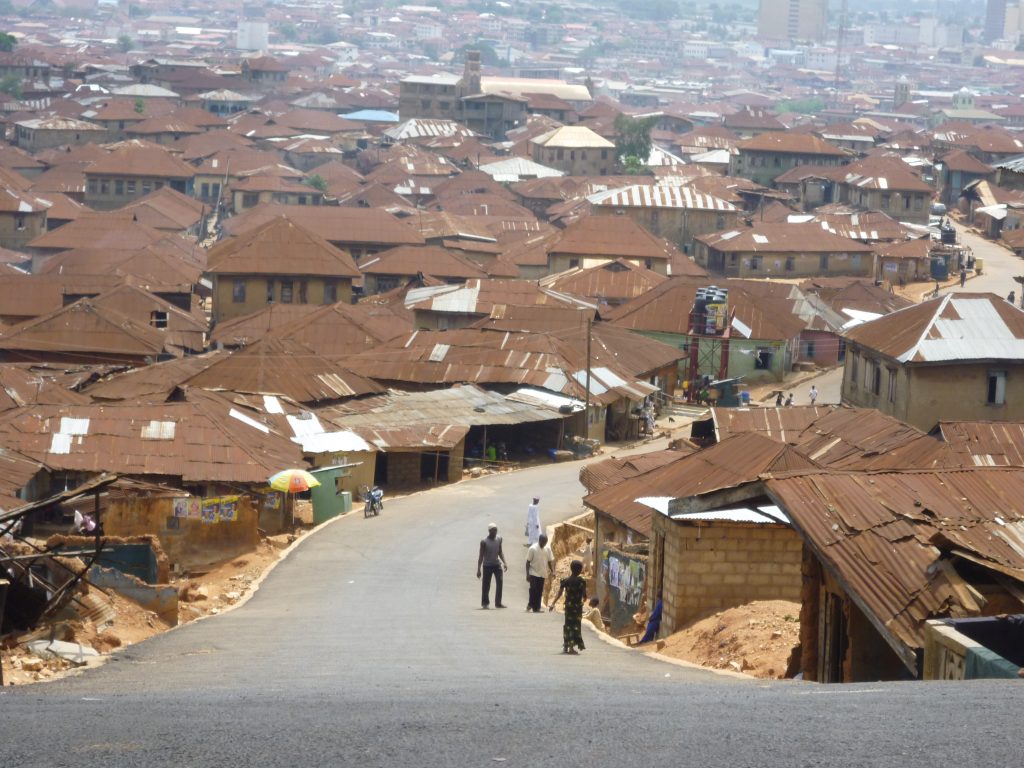
Ibadan can be found in Oyo state in present day Nigeria. It is the capital of the state and also reputed to be the largest indigenous city in Africa, south of the Sahara. This age-old city came into existence in 1829, when bands of Yoruba renegades following the collapse of the Yoruba Oyo Empire. Local historians claim Lagelu founded the city and was initially intended to be a war camp for warriors coming from Oyo, Ijebu and Ife. Ibadan, surrounded by seven hills was seen as a strategic location between the forests and the plains. Its pre-colonial history centred on militarism, imperialism and violence.
The area became a British Protectorate in 1893 and they developed their new colony to facilitate their commercial activities n the area, and Ibadan shortly grew into the major trading centre that it is today. Ibadan is also known to house the first university in Nigeria. It was established as a college of the University of London when it was founded in 1948 and later converted into an autonomous university in 1962. There is also a museum in the building of its Institute of African Studies, which exhibits several remarkable prehistoric bronze carvings and statues. Ibadan still houses a lot of old buildings that tell her story. These structures will take you back in time so you get to have a feel of how Nigeria was in the 18th century.
CHECK: APARTMENTS FOR RENT IN IBADAN
ALSO READ: 5 BEST AREAS TO LIVE IN IBADAN
-
Kano

Present day Kano can be found in Kano state Nigeria. The principal inhabitants of the city are the Hausa people, and the four walls of kano tell their history.
The Kano kingdom was founded as one of the Hausa Bakwai (“Seven True Hausa States”) in 999 by Bagauda, a grandson of Bayajida (Abuyazidu), the legendary progenitor of the Hausa people.
In 1804 the Fulani jihad (holy war) leader, Usman dan Fodio, led a revolt against the Hausa overlords and, in 1807, Kano city was taken. One of dan Fodio’s pupils, Sulaimanu (Sulemanu), became Kano’s first emir; his successor, Emir Ibrahim Dabo (1819–46) of the Sullibawa clan, founded the present dynasty. By the 1820s Kano had become the greatest commercial power in West Africa. It’s leather and cotton goods were widely transported northward by caravan across the Sahara to Tripoli, Tunis, and Fès, and hence to Europe, where its red goatskin products were known as morocco leather. In March 1903 after a scanty resistance, the Fort of Kano was captured by the British. Down to this day, Kano is still known as the commercial hub of the north.
ALSO READ: 10 Most Beautiful Cities in Nigeria
-
Lagos

Lagos city is the commercial hub of present-day Nigeria, but even she too has her history. Lagos has always been a town and was once the capital of Nigeria. According to the oral history of Lagos, then called Eko, was founded around 1300-1400 CE. From the crowning of Ado as its first Oba, Lagos (then called Eko) served as a major center for slave trade, from which the then Oba of Benin, Ado and all of his successors for over four centuries supported – until 1841, when Oba Akitoye ascended to the throne of Lagos and attempted to ban slave-trading. Lagos is also home to Badagry the town historically known as the key port in the export of slaves to the Americas, which were mainly to Salvador, Bahia in Brazil. The first educational system of Nigeria as a British colony started in Badagry where the first primary school was established by the Wesleyan mission (Methodist Church) in 1843 and named Nursery of Infant Church which later became St. Thomas’ Anglican Nursery and Primary School, founded by Rev. Golmer of the Church Missionary Society (CMS) in 1845. The first storey building in Nigeria, built in 1842 to overlook the Marina waterfront can be found in Badagry also. There is a lot of history to be discovered in Lagos, you just need to pay the historic town a visit.
CHECK: APARTMENTS FOR RENT IN LAGOS
-
Calabar
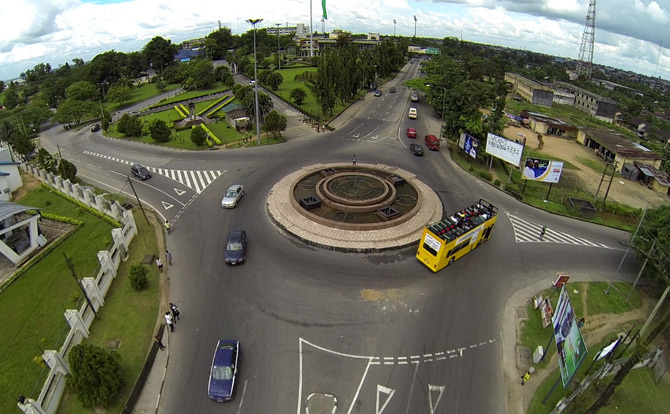
Calabar also known as the town of tourism, has served as a major seaport in the country for hundreds of years. It is located in Cross River state, the south-eastern part of Nigeria. This beautiful city has been inhabited for the past 2000 years. The original town was known by the Efik name Akwa Akpa. The spelling Calabar remained till the British came and pronounced Calabar as Calabah. Since the 16th century, Calabar had been a recognised international seaport, shipping out goods such as palm oil. Also, during the era of the Atlantic Slave Trade, it became a major port in the transportation of African slaves and was named Calabar by the Spanish. The city was the home the first social club in Nigeria, The Africa Club. It hosted the first competitive football, cricket and field hockey games in Nigeria. Calabar is also known for many Firsts. So visit Calabar, the city rich in culture, history and tourism.



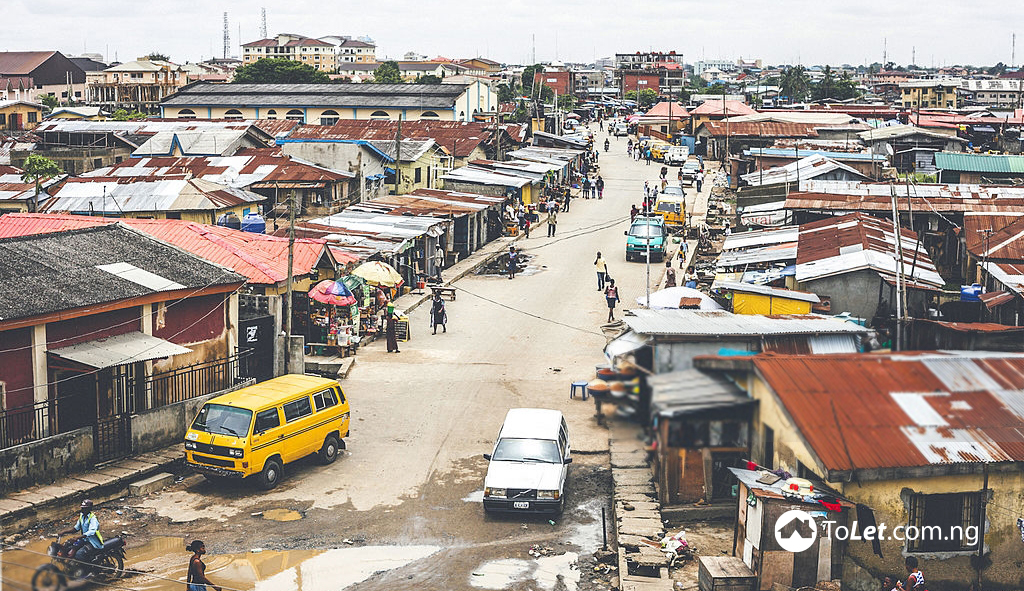







I recommend you to read the most beautiful and developed place in Nigeria and see beautiful places you will like to visit
https://www.townstovillages.com/most-developed-cities-in-nigeria/